Davin Kubota is a professor at Kapi’olani Community College who respects students who are persisting with their education despite the stress of the pandemic. (Photo courtesy of Davin Kubota)
By Shawna Takaki | Staff Writer
The Covid-19 pandemic changed everything, whether it be grocery shopping, working, or hanging out with friends. But particularly it changed education.
With more online classes than those on-campus and strict Covid-19 restrictions for any events or social gatherings, the traditional “campus life” has been broken into pieces and only slightly glued back together with zoom classes and socially distanced gatherings.
Professor Davin Kubota, who teaches ENG100 and ENG272 “Myths, Dreams, Symbols,” is saddened by the changes that have occurred over the last two years since the start of the Covid-19 pandemic, and he believes there’s a great loss in many aspects of college life due to the pandemic.
“I think sometimes every student on this planet experiencing this … they deserve a good hard cry,” Kubota said.
One of these losses due to the pandemic is in the education students receive.
The content taught in courses has been reduced due to the new format of teaching. For the vast majority of teachers, if there were originally two 75-minute sessions in their course, due to the pandemic, the content is shortened to one 75-minute session.
Many in-class activities are also unavailable to students and learning is harder for certain types of learners due to it.
“If you think about, like, the vast majority of students … [they] tend to be more visual and tactile, experiential learning,” Kubota said.
But perhaps the biggest blow in students’ campus experience is to their social lives.
“I need to really admit that the social aspect, which I took for granted when I went to school is … probably the most important thing that you guys are gonna get out of college,” Kubota said. “Several decades from now you might not remember what course content you had, but you’ll remember what kind of friends you made in your college years.”
The changes make attending college harder than ever for some people.
“I respect students who are going to school during a pandemic because I’m not sure as a teacher if I would even do well during a pandemic or even if I would want to,” Kubota said.
And all of these changes were incredibly shocking when they first came. In March 2020, there was an academic conference on campus, back when there were only around 11 cases a day on the island and many people were still not knowledgeable about needing to wear masks.
“Most people were very complacent, like, ‘we’re not gonna get that.’ Then things just kinda exploded,” Kubota said. “…Now that we’re sort of in year three, I’m not sure what to say except I’m doing my best, just like everyone else on the planet.”
The pandemic is difficult for everyone and the ripples of the pandemic reach everywhere. There are many added stressors in a person’s life, whether those be financial, medical, or mental.
“Teachers and students need to reflexively realize that everyone is dealing with their own story that no one other than the person can see, so we have to be gentle to each other,” Kubota said. “I’ve had to let go of my ego sometimes. Because a lot of content is in fact on videos, sometimes I feel a lot of students feel like, ‘oh, why should I attend, since the video is right there.’ I began to realize … some students are busier more than without the pandemic.”
And as closing advice for all students attending college during the pandemic, Professor Kubota said this:
“If someone invites you to a social event that is socially distanced and safe — you should probably question if its like safe or not — but I think in general if it’s a small group of friends, and everyone’s been vaccinated or whatever, don’t, don’t pass up that opportunity to make memories with people, because the pandemic is really teaching us that you might not have time to make memories with those people.”

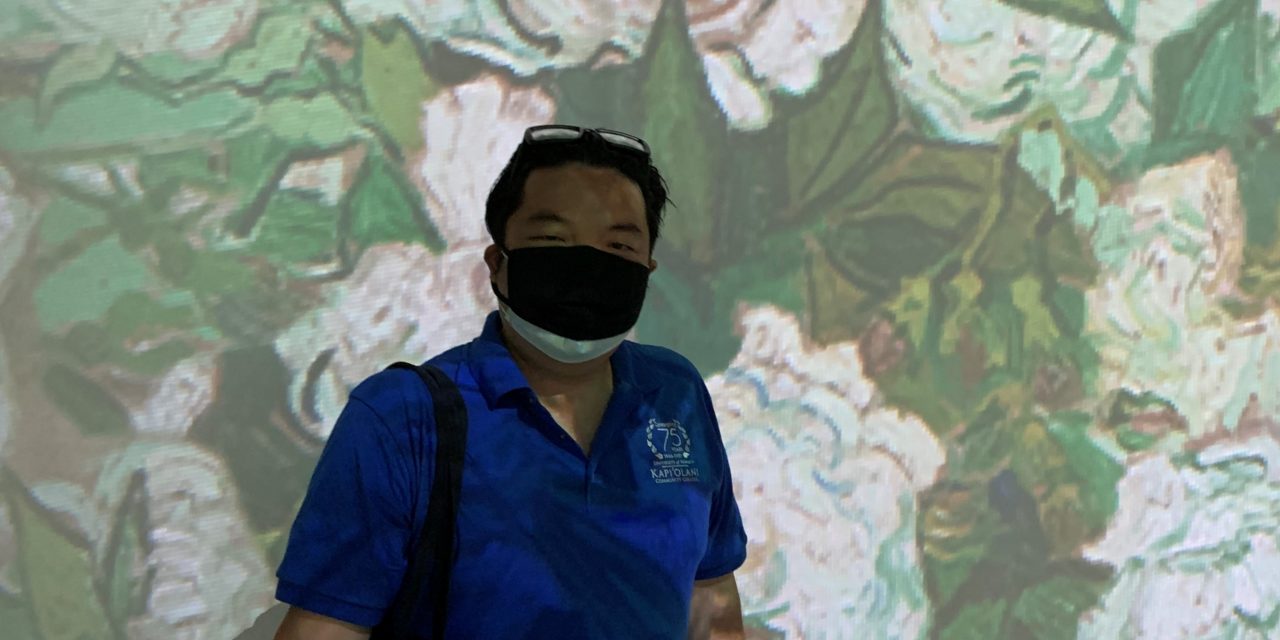
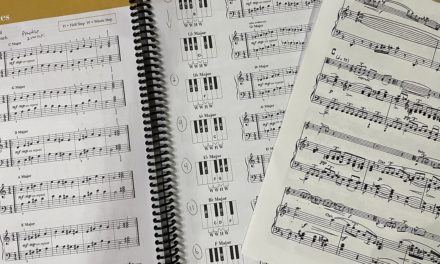
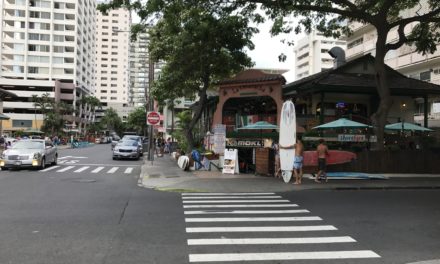
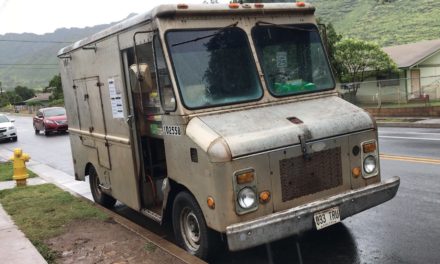
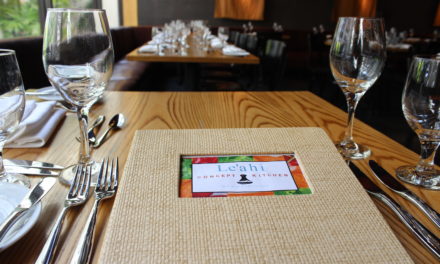

Thanks for writing this. It made me cry.
These past three years might have been the most difficult in my career.